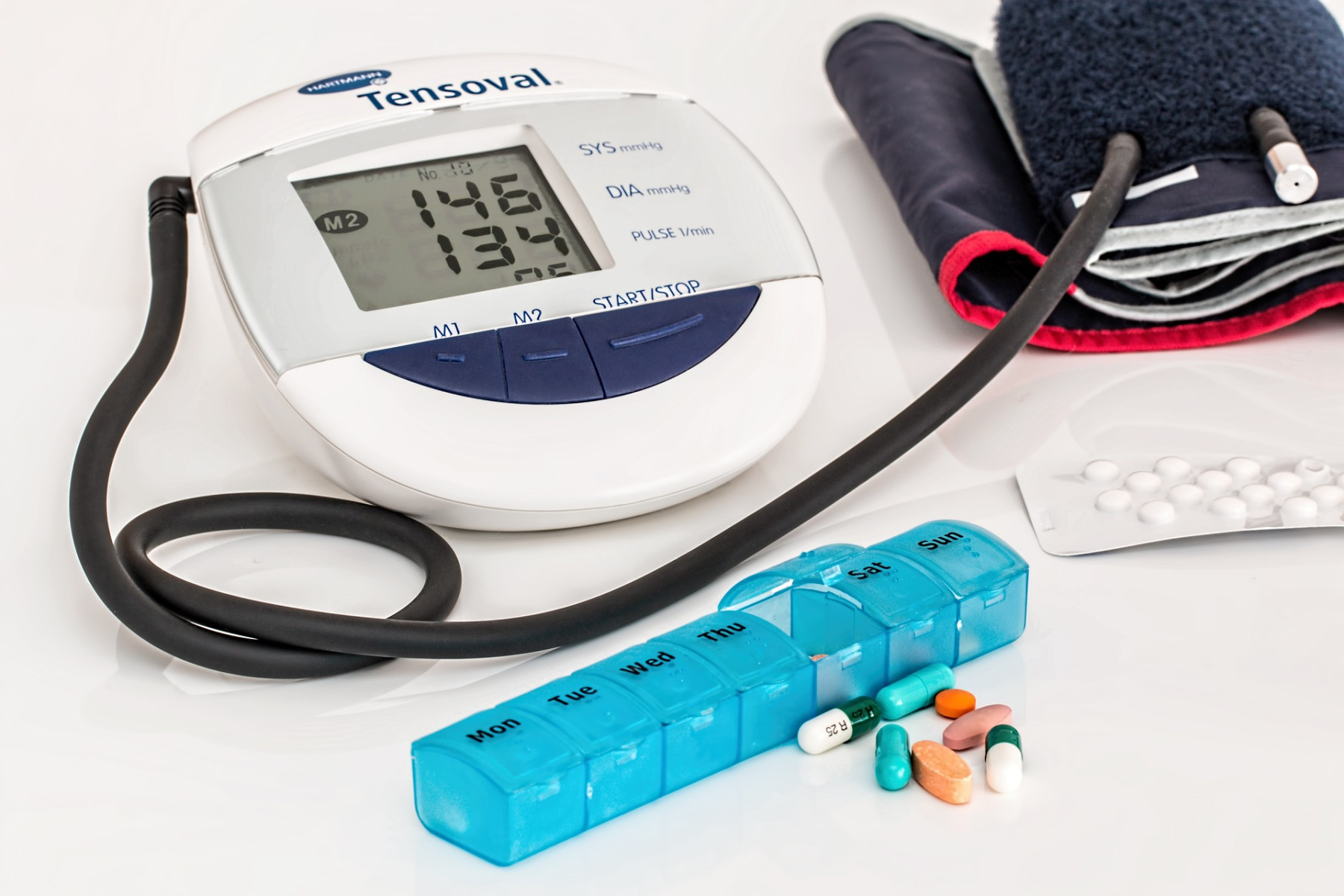Manchester is putting communities at the heart of policy to improve health outcomes in the city following a successful bid to establish a Health Determinants Research Collaboration (HDRC).
The HDRC is funded by the National Institute for Health and Care Research (NIHR). It will connect the Council, University of Manchester researchers and other academic institutions to give local people an equal say in research and the ability to influence decisions made from that research, using both real-life experiences and building on current ways of doing things, to make sure the benefits last long after the programme ends.
The funding approval given today Wednesday, 15 March follows last year’s submission to the National Institute for Health and Care Research.
The collaboration, led by Manchester City Council, University of Manchester and partner organisations, is a significant step in uniting Manchester academic institutions and residents with other key players including voluntary and faith organisations, and public and private sector partners.
It aims to enhance better understanding of the factors affecting health and health inequalities, increase research capacity and use this evidence to inform future policy and planning and improve health outcomes in areas of high deprivation.
Councillor Thomas Robinson, Executive Manchester for Healthy Manchester and Adult Social Care said: “This is a wonderful opportunity for Manchester to lead the way in tackling health inequalities by ensuring that local people’s voices are at the heart of shaping policy. By building our research capacity and working closely with partners and local people across the city we can develop a deeper understanding of the challenges our communities face and create evidence-based solutions that will have a real and lasting impact on people’s lives.
“This collaboration allows us to continue to shape the future of health and wellbeing in our city which is the central tenet of our Making Manchester Fairer Programme to address health inequity and preventable deaths by looking at all the social factors that mean that some people in the city die earlier than others.”
Professor Arpana Verma from The University of Manchester, Academic Lead for the HDRC, said: “We are so proud that Manchester has been awarded full HDRC status. This is a testament to our communities and public contributors who have helped us as the HDRC team create a plan of work that will strengthen our partnership. The HDRC will ensure we continue to hear the voices of the unheard, make the invisible, visible and making sure that we don’t leave anyone behind.
“Putting people at the heart of this exciting initiative is vital for inclusive research and improving health and wellbeing. As we look to the next 5 years, we will continue to build our research-active communities and research-responsive policies to tackle inequalities together.”


